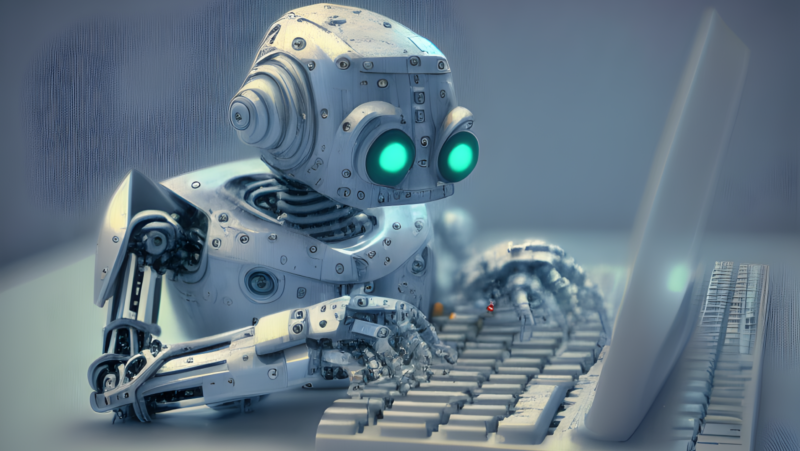Why you shouldn’t let AI run your SEO
AI can help to streamline your SEO but without a human element, you’re leaving your brand open to risk. Larissa Thorne explains how to harness the machines and the importance of an AI sandwich.
While ChatGPT has put artificial intelligence (AI) in the spotlight like never before, in reality, AI has been powering marketing efforts for quite some time. And one place it’s fast become the go-to resource is search engine optimisation (SEO).

Across the industry, we’re seeing a slowdown and shift in budgets that is driving more and more SEO work to be passed on to AI.

